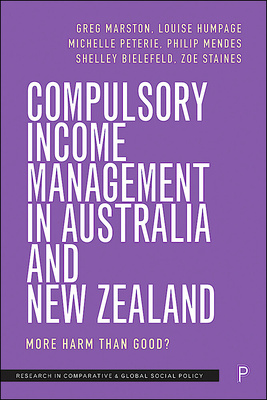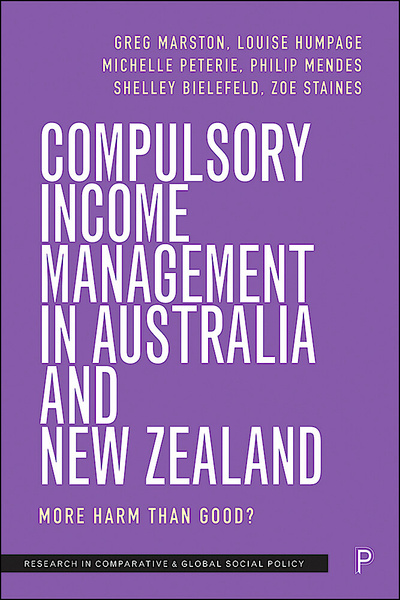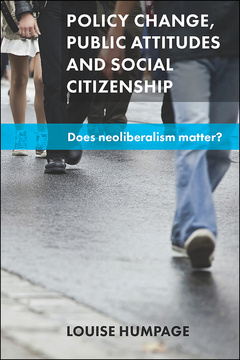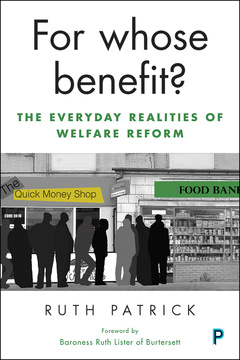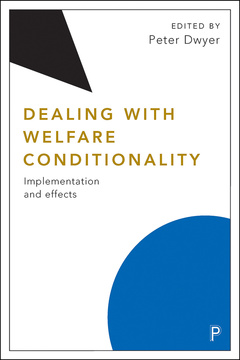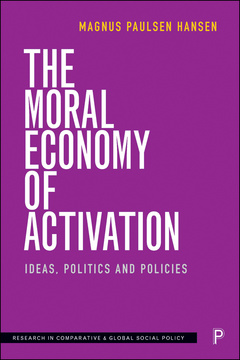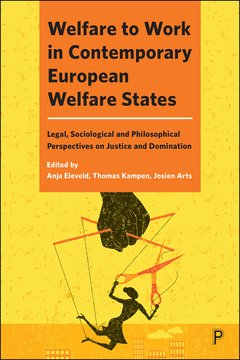Compulsory Income Management in Australia and New Zealand
More Harm than Good?
By Greg Marston, Louise Humpage, Michelle Peterie, Philip Mendes, Shelley Bielefeld and Zoe Staines
Published
Jun 16, 2022Page count
236 pagesBrowse the series
Research in Comparative and Global Social PolicyISBN
978-1447361497Dimensions
234 x 156 mmImprint
Policy PressPublished
Jun 16, 2022Page count
236 pagesBrowse the series
Research in Comparative and Global Social PolicyISBN
978-1447361503Dimensions
Imprint
Policy PressPublished
Jun 16, 2022Page count
236 pagesBrowse the series
Research in Comparative and Global Social PolicyISBN
978-1447361503Dimensions
Imprint
Policy PressMore than a decade on from their conception, this book reflects on the consequences of income management policies in Australia and New Zealand.
Drawing on a three-year study, it explores the lived experience of those for whom core welfare benefits and services are dependent on government conceptions of ‘responsible’ behaviour. It analyses whether officially claimed positive intentions and benefits of the schemes are outweighed by negative impacts that deepen the poverty and stigma of marginalised and disadvantaged groups.
This novel study considers the future of this form of welfare conditionality and addresses wider questions of fairness and social justice.
Greg Marston is Professor in the School of Social Science at The University of Queensland.
Louise Humpage is Honorary Associate Professor in the School of Social Sciences at the University of Auckland.
Philip Mendes is Professor in the Department of Social Work at Monash University.
Shelley Bielefeld is ARC DECRA Fellow and Senior Lecturer in the Griffith Law School and the Law Futures Centre at Griffith University.
Michelle Peterie is Research Fellow in the Sydney Centre for Healthy Societies at The University of Sydney.
Zoe Staines is ARC DECRA Fellow in the School of Social Science at The University of Queensland.
1. Framing welfare conditionality
2. Why Income Management?
3. Barriers to implementing Compulsory Income Management
4. Identity and emotion
5. Procedural, consumer and contractual rights, and access to justice
6. Resistance and reform: individual and collective agency
7. Voluntary Income Management and financial education
8. Recalibrating social security and reimagining work







